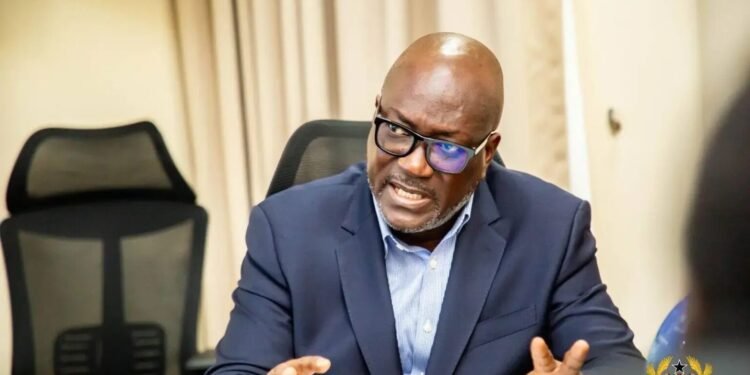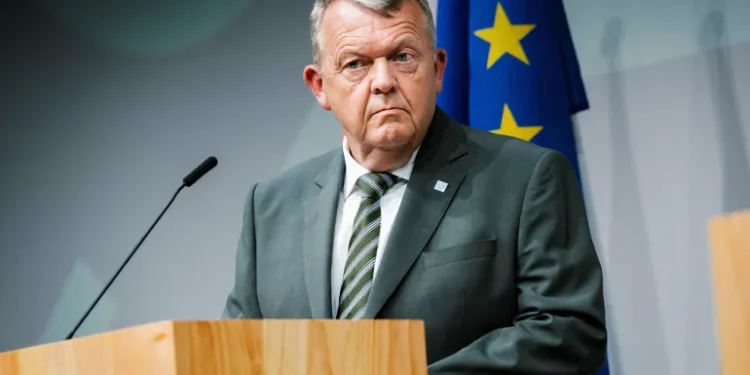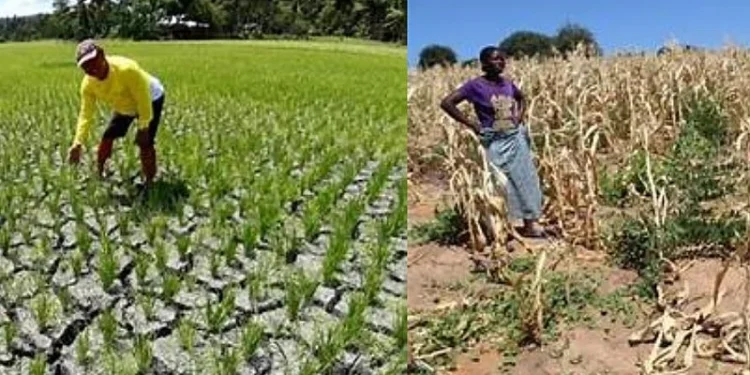Prison congestion remains a critical issue in Ghana, prompting calls for reforms to address the inhumane conditions inmates endure. The Minister of the Interior, during his visit to the Director-General of Prisons, emphasized the government’s commitment to transforming the Ghana Prisons Service.
However, he acknowledged that the rising prison population poses a significant challenge to these efforts. In a thought-provoking discussion on the subject, Ms. Maame Ama Pratt, Press Secretary to the Vice President and a noted Pan-Africanist, called for the necessity of non-custodial sentencing as an alternative to incarceration to decongest Ghana’s Prisons.
“What’s the point of putting people in prison? Is it that we want to punish them or is it that we want to reform them?”
Ama Pratt Press Secretary to the Vice President
She argued that understanding the rationale behind imprisonment is crucial for shaping policies that align with contemporary societal values.
“If it is to punish them, then you can understand sometimes the inhumane conditions under which they are made to exist and to live. And if it is to reform them, then the conversation would have to shift a little bit. Perhaps we can look at the processes the go through not just the punitive aspect of the process.”
Ama Pratt Press Secretary to the Vice President
She highlighted the urgent need to determine whether Ghana’s legal system prioritizes punitive measures or rehabilitative efforts.
“Reforms are always good. Our laws, when they are made, it’s not just about the letter of the words, but also about the spirit of the words and the way that we word our laws. I’m always up for a review, to take a new look at existing laws and to see how you can make it better.”
”So, if as a society we examine ourselves [that for instance in] 2025 what’s our position? How do we view putting people in prison? What are our end gains?
Ama Pratt Press Secretary to the Vice President
She stressed that as societies evolve, so too must the legal frameworks governing them. Laws that once served effectively may no longer be adequate for modern societal needs.
Learning from Past Experiences
Drawing from historical examples, Ms. Pratt referenced notable personalities who had been imprisoned and later advocated for reforms.
“I remember speaking with Dr. Nyaho Nyaho-Tamakloe some time ago when he spoke about being in prison and then Mr. Kwame Pianim, I think, as a prisoner himself, being able to advocate for prison reforms such that a hospital was built for them.”
Ama Pratt Press Secretary to the Vice President

She acknowledged that while some prisoners contribute positively to societal progress, others commit grave offenses that justify their incarceration.
”There are people who go to Prison for our collective good. There are those that end up in prisons because they want to reform society.’’
Ama Pratt Press Secretary to the Vice President
This duality, she noted, underscores the complexity of the conversation surrounding prison reform.
The Global Perspective
Meanwhile, Comparing Ghana’s penal system with international practices, highlighted the productive use of prison labor in some countries.
Others argue that in some parts of the world, prisoners are treated like human capital, they are the ones on the farms, in the factories, manufacturing things, thus they are not wasted. Whereas in Ghana, prison labor is often reduced to menial tasks.
She suggested that a structured approach to prison labor could offer both economic and rehabilitative benefits to the inmates and the nation. Ms. Pratt strongly supported the introduction of non-custodial sentences as a means of reducing prison congestion.
She urged policymakers to consider alternative sentencing options such as community service, fines, and probation for minor offenses. By adopting these measures, Ghana can ensure that its justice system is both fair and effective.
Ms. Maame Ama Pratt perspective highlights the urgent need for a shift in Ghana’s penal system. The conversation must move beyond mere punishment to include rehabilitation and reintegration.
By implementing non-custodial sentences and optimizing prison labor, the nation can create a more humane and effective justice system. As Ghana continues to evolve, so too must its approach to crime and punishment, ensuring that laws serve the best interests of both the individual and society at large.
READ ALSO; Prof. Asare Demands End to “Midnight Appointments” Chaos























